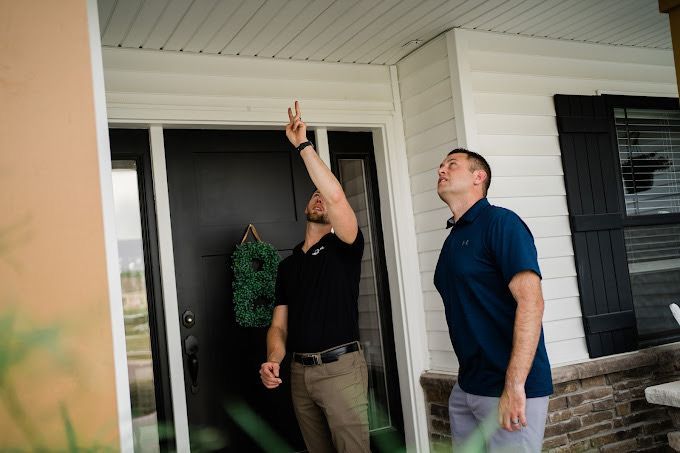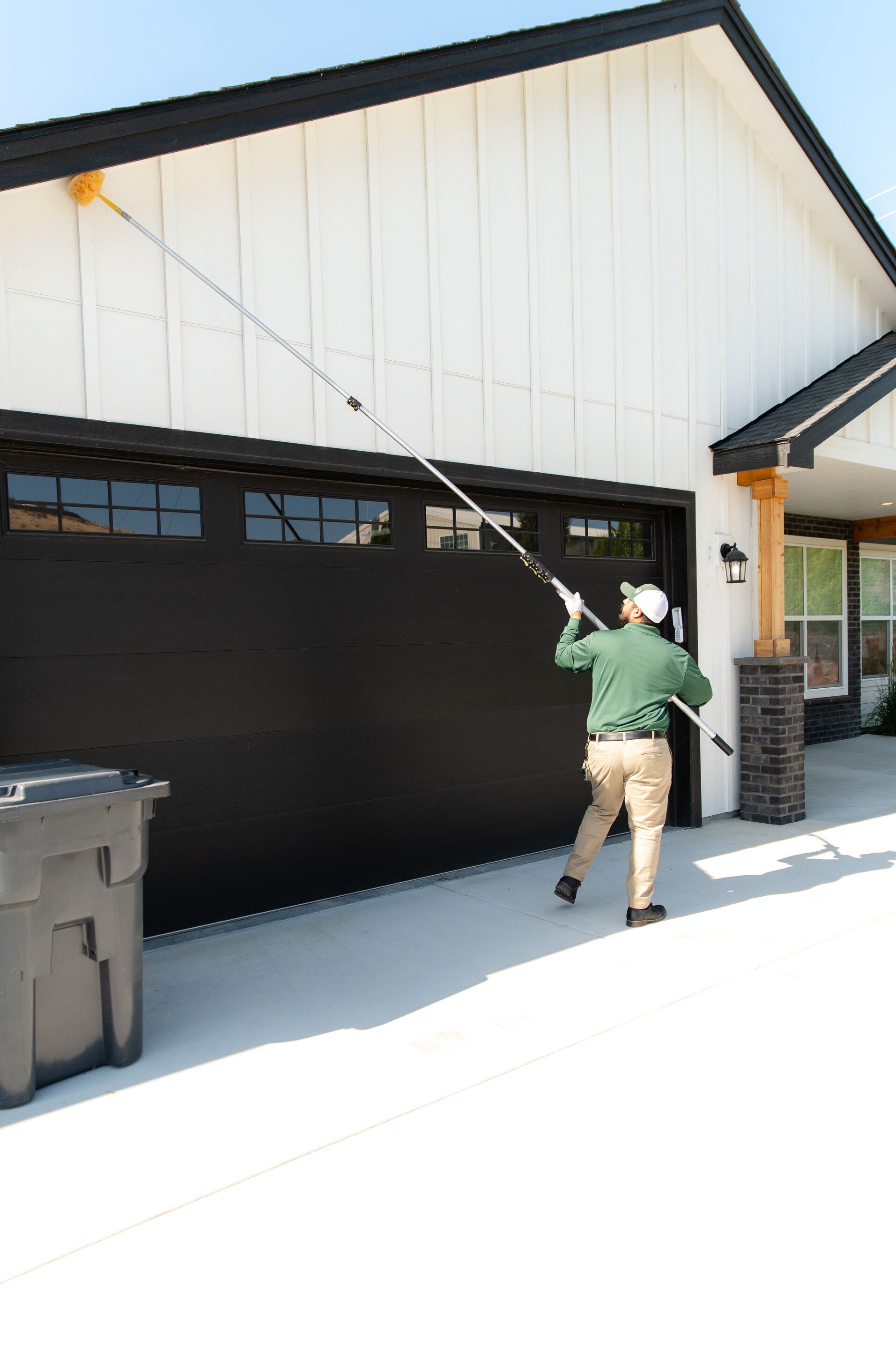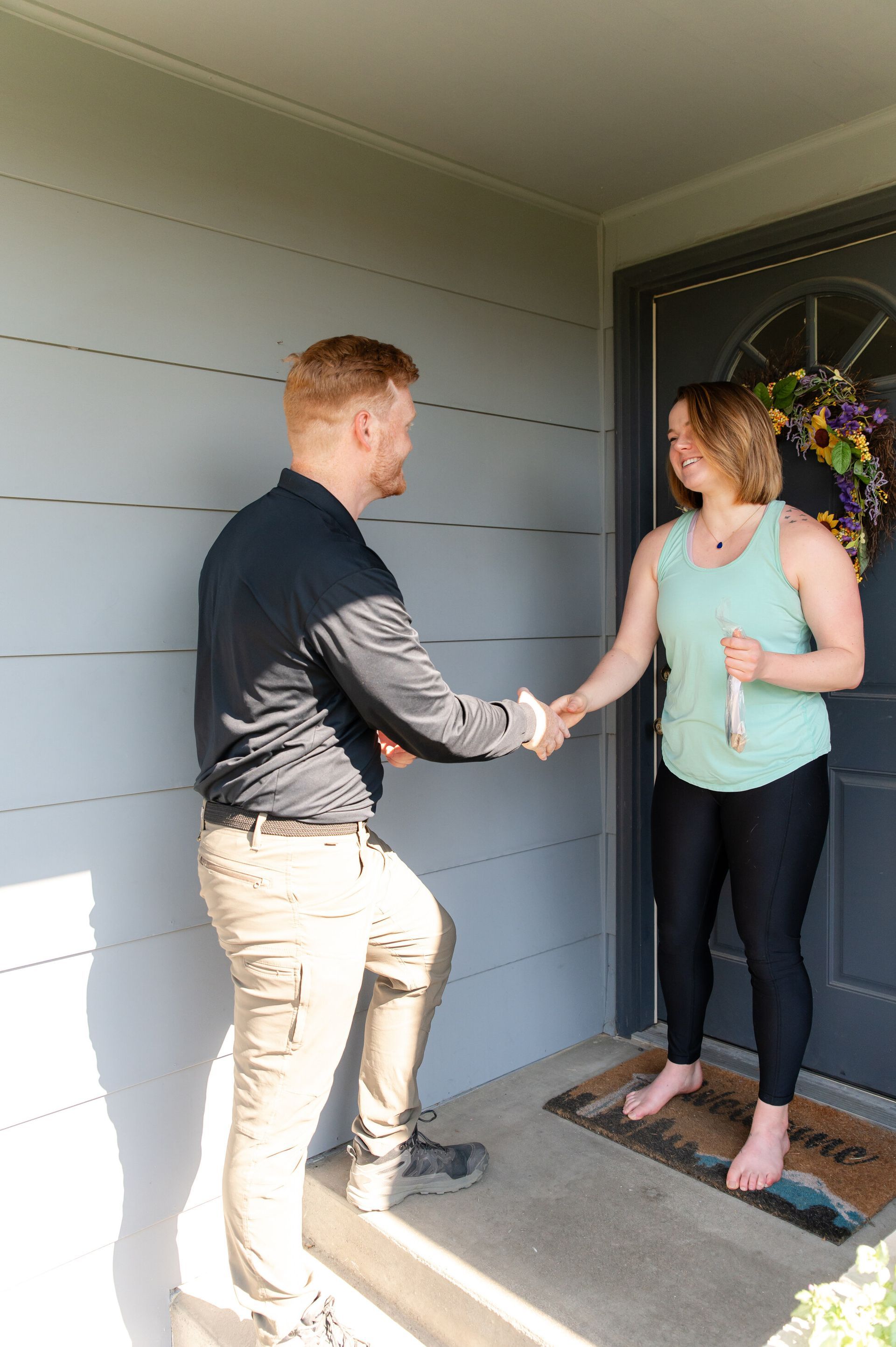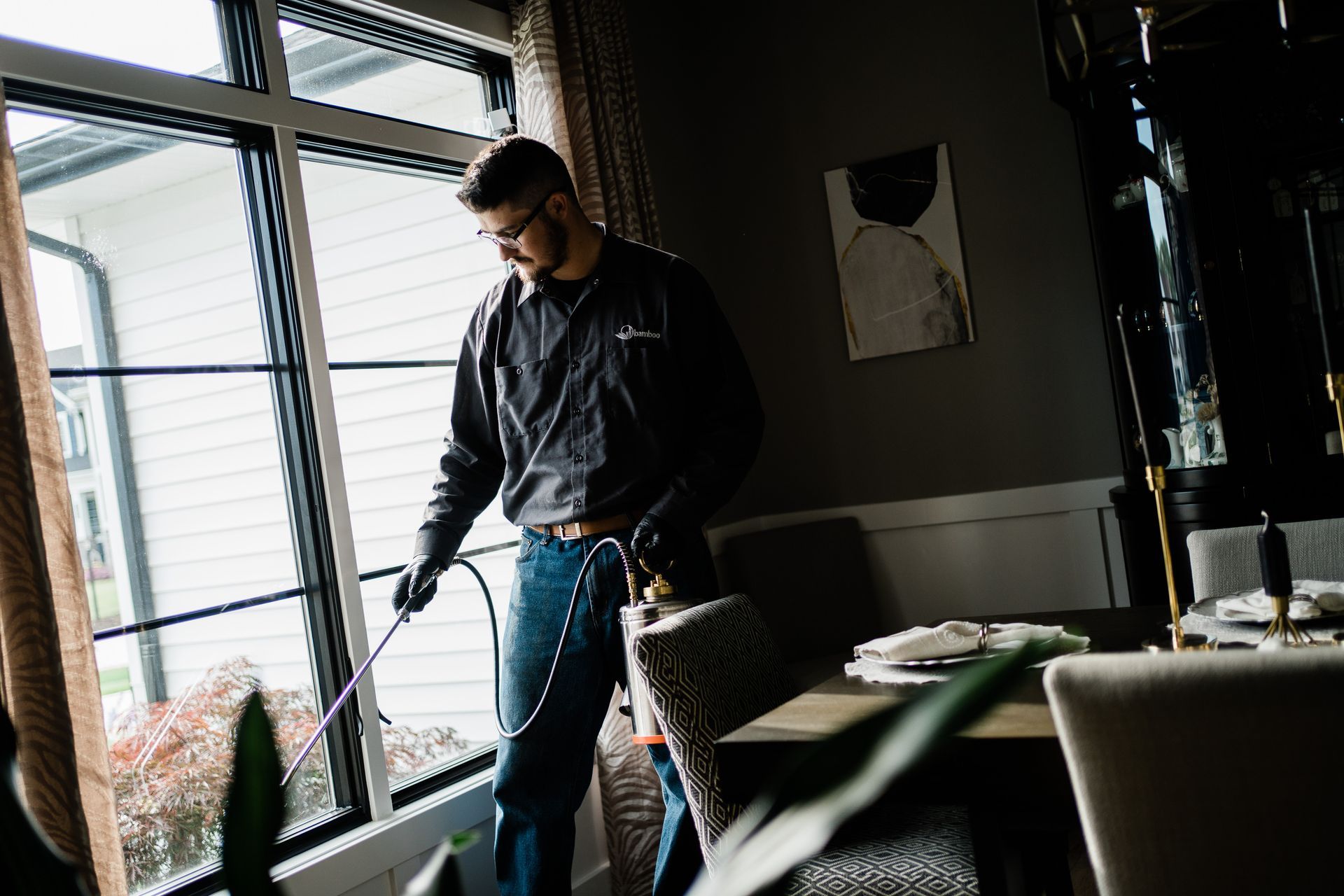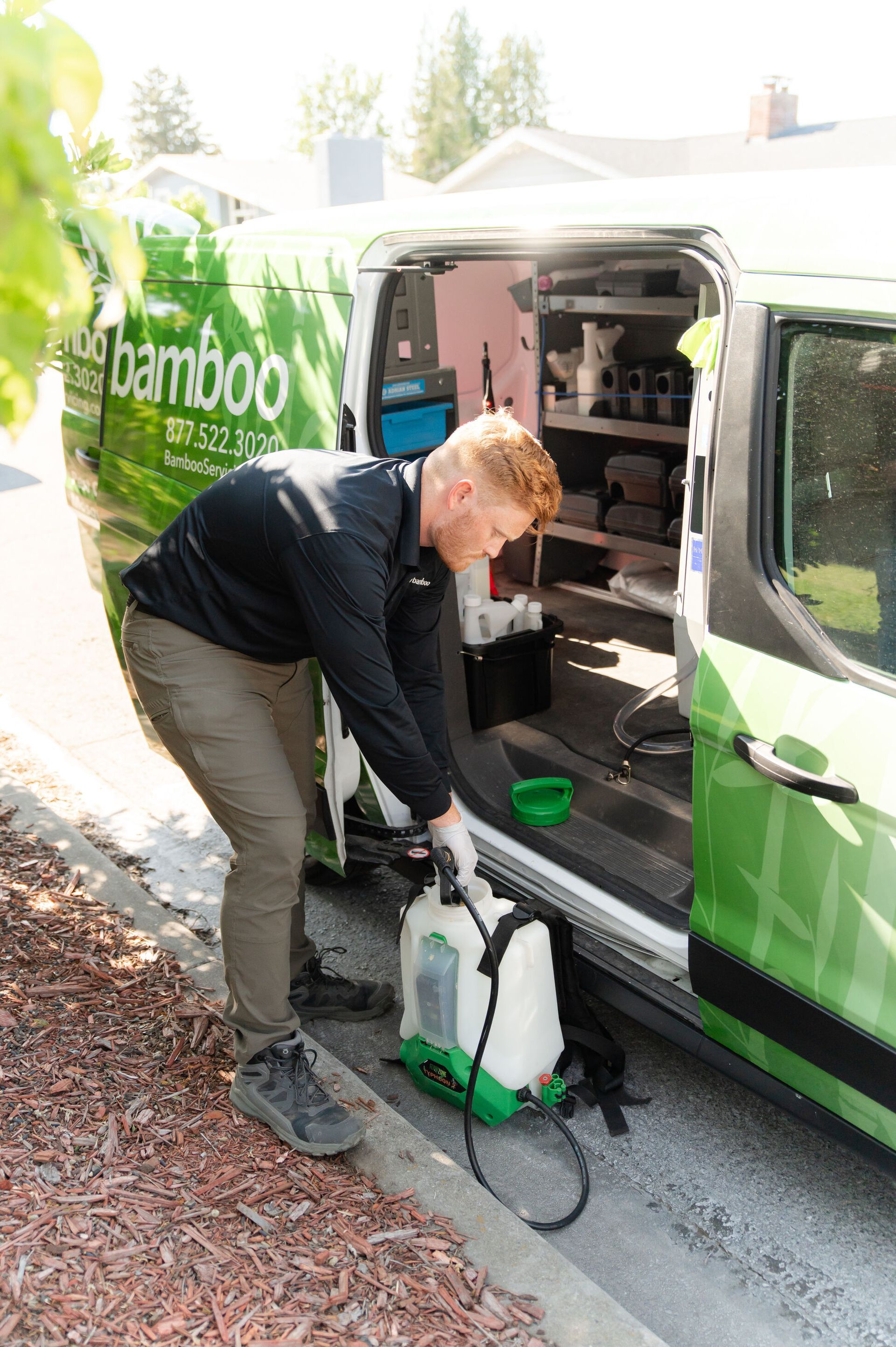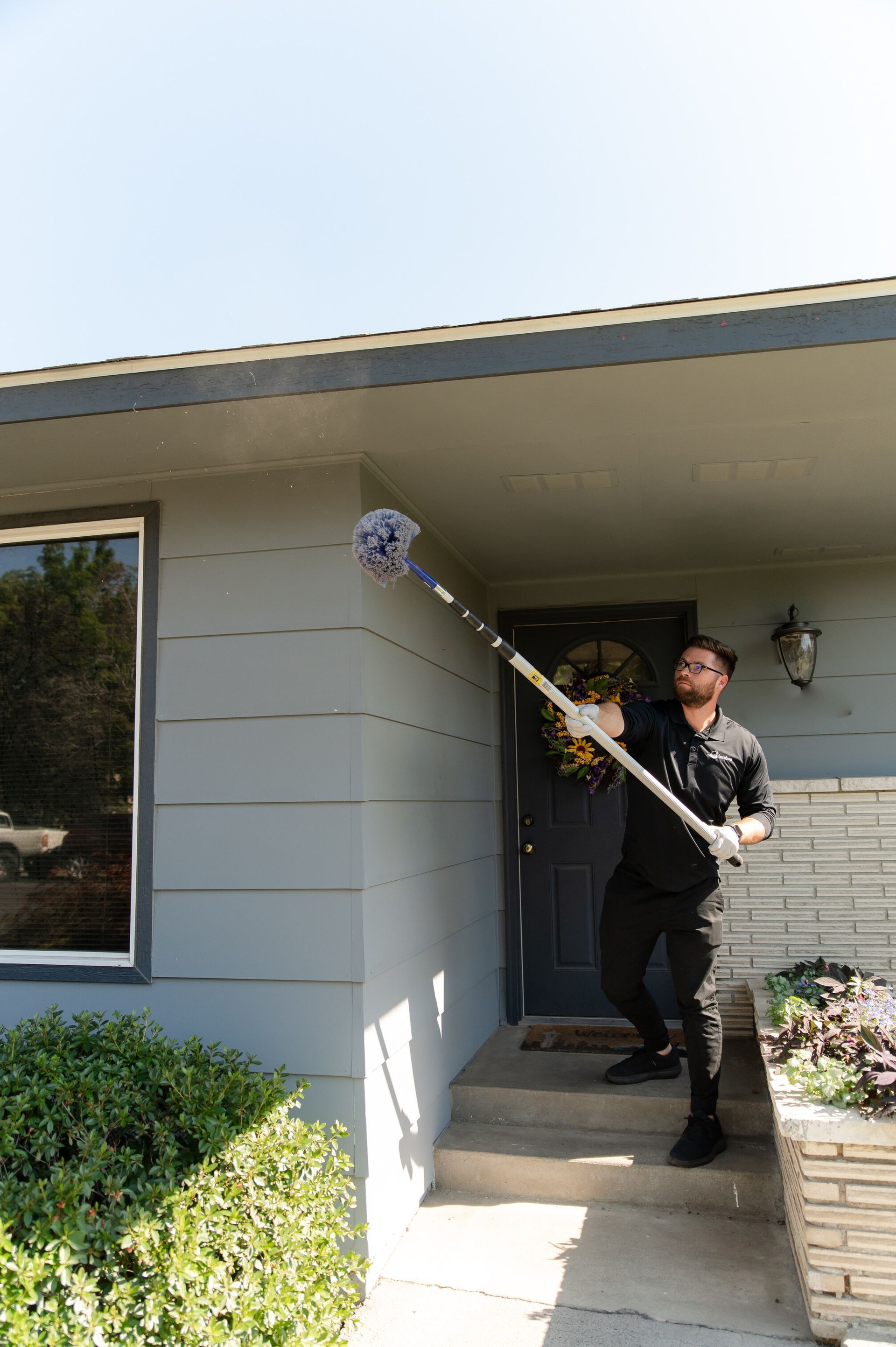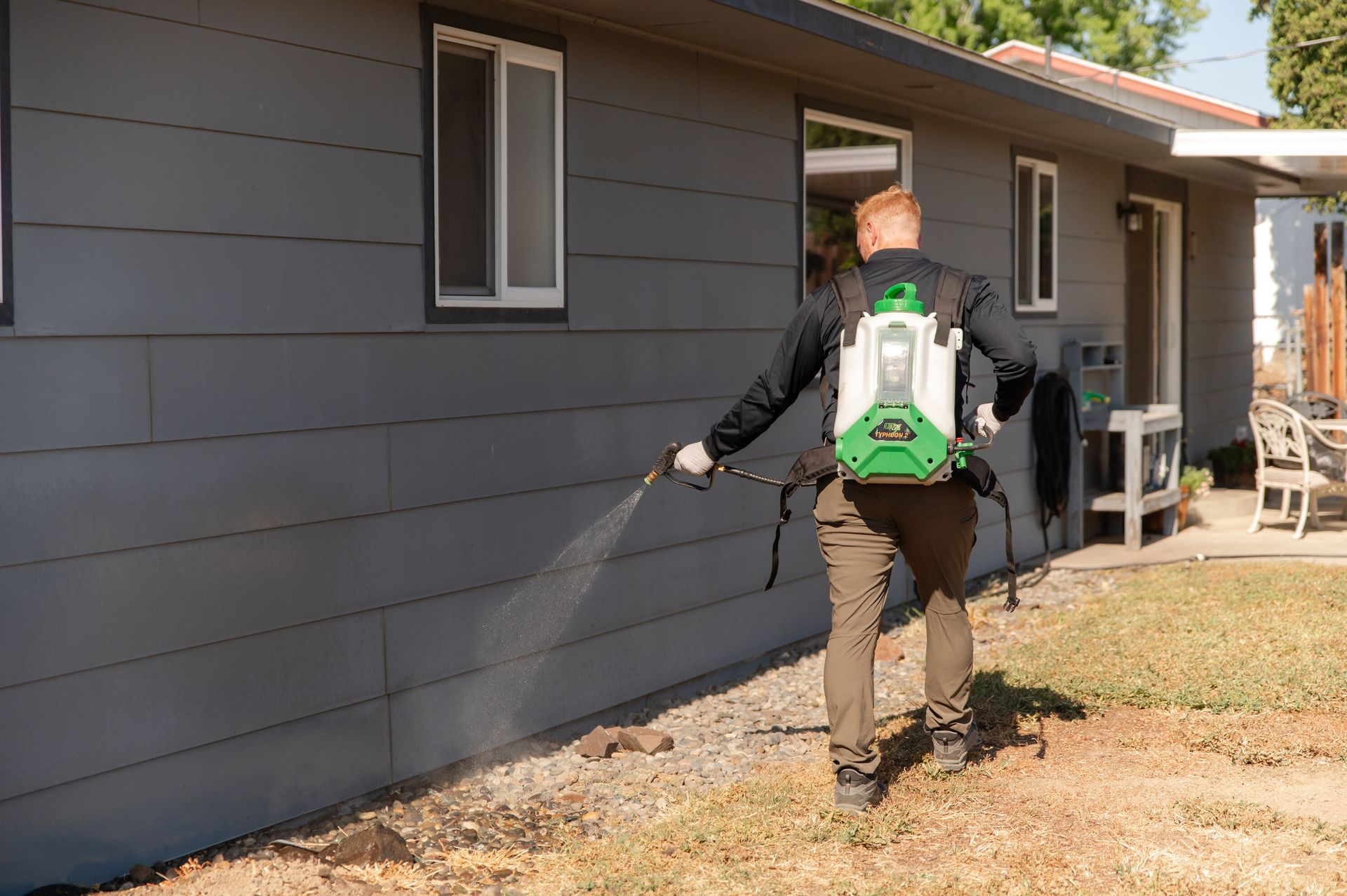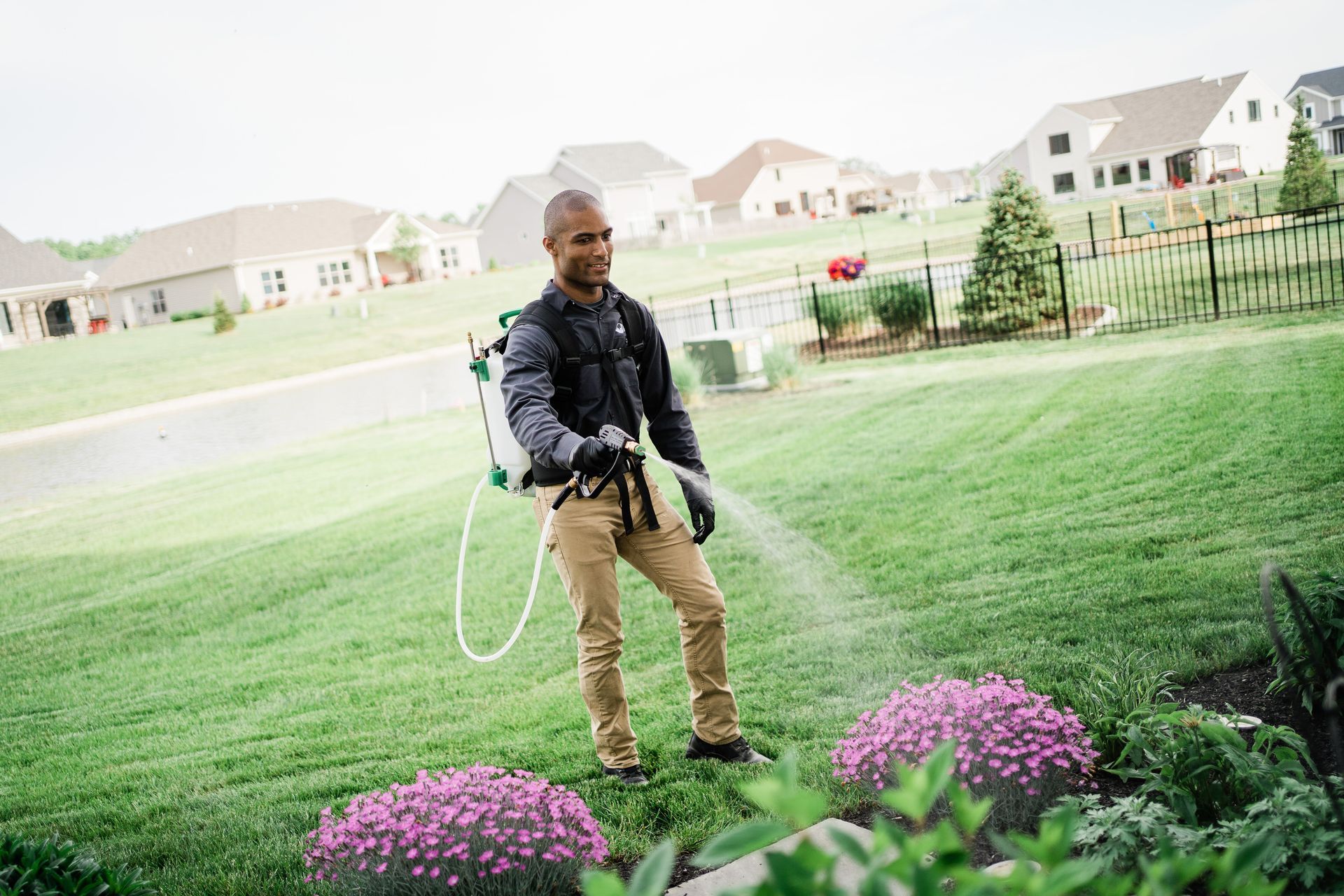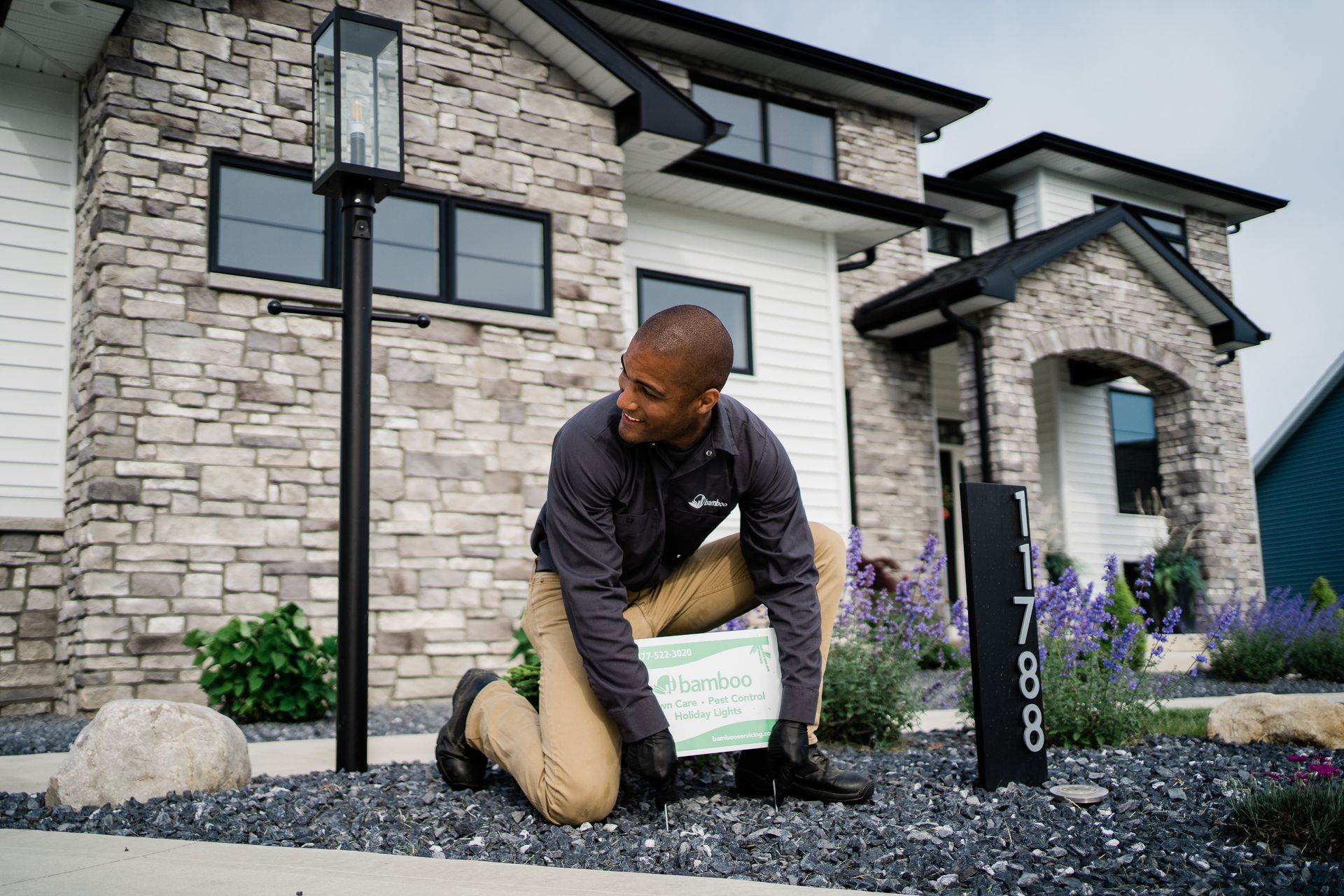Is Pest Control Toxic to Dogs?
Are pest control services safe for pets?
As a dog owner, it’s natural to want the best for your furry friend, and that includes ensuring their safety when it comes to
pest control treatments. Pest control is important for keeping your home free from unwanted pests, but you might wonder if these treatments could be harmful to your dog. The good news is that, when done properly, pest control is usually safe for pets. However, there are precautions you should take to reduce any potential risks.
How Pest Control Can Affect Dogs
Pest control treatments often involve the use of chemicals designed to kill or repel pests. These chemicals, while effective, can sometimes be harmful to dogs if they come into contact with them too soon after application. Dogs are more sensitive to certain chemicals than humans, especially because they can absorb them through their skin, inhale fumes, or even accidentally ingest them if they lick treated surfaces.
Common chemicals used in pest control include pyrethrins, pyrethroids, and organophosphates. These chemicals can cause mild to severe reactions in dogs, depending on their size, the amount of exposure, and the type of pesticide used. Some symptoms to look out for if your dog has been exposed to harmful chemicals include:
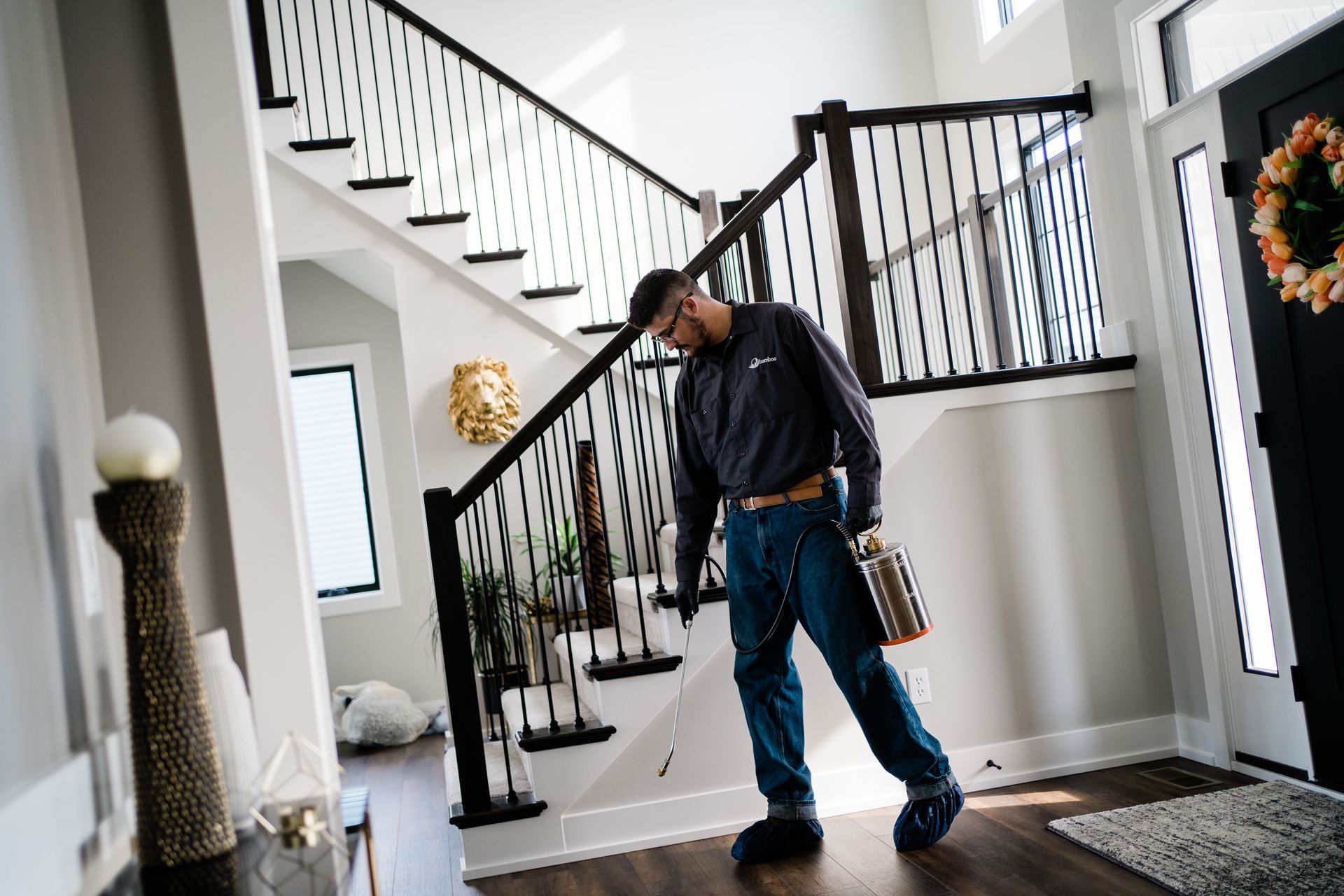
- Drooling
- Vomiting
- Diarrhea
- Tremors or shaking
- Difficulty breathing
- Seizures
If your dog shows any of these symptoms after a pest control treatment, it’s important to contact your veterinarian right away for advice on how to proceed.
Steps to Keep Your Dog Safe During Pest Control
Fortunately, there are several ways you can help protect your dog from the risks associated with pest control treatments. Here are some key steps to follow:
- Remove Your Dog from the Treatment Area: The simplest way to protect your dog during a pest control treatment is to keep them out of the treated areas. For outdoor treatments, keep your dog indoors, and for indoor treatments, confine them to a room or area that is not being treated. Typically, your dog should stay away from the area for at least a few hours to give the pesticides time to settle and dry.
- Ventilate the Treated Areas: Once the treatment is done, make sure to air out the treated rooms by opening windows and turning on fans. This will help clear any remaining fumes or airborne particles, reducing the chance of your dog breathing in harmful chemicals.
- Cover Pet Items: Before the pest control service arrives, be sure to remove or cover your dog’s food and water bowls, bedding, and toys. This prevents pesticide residue from settling on items your dog uses frequently. Once the treatment is complete, wash any items that may have come into contact with the treatment.
- Communicate with the Pest Control Technician: It’s always a good idea to let your pest control technician know that you have a dog in the house. This will help them choose pet-safe products or take additional precautions. Many pest control services offer products that are designed to be safer for pets, which can minimize risks even further.
What Are Pet-Friendly Pest Control Options?
If you're particularly concerned about your dog’s safety, ask your pest control provider about Integrated Pest Management (IPM) methods. IPM focuses on controlling pests by addressing the root of the problem, such as sealing off entry points, removing food sources, and using non-chemical treatments. Chemicals are only used when necessary, which reduces the overall exposure to potentially harmful substances. This environmentally friendly approach is a great option for homes with pets, as it minimizes pesticide use while still effectively managing pests.
Long-Term Risks of Pest Control for Dogs
While most pest control treatments are safe when used properly, there can be long-term risks if your dog is repeatedly exposed to certain chemicals. Even low levels of pesticide exposure over time could potentially lead to health issues, such as skin irritation, respiratory problems, or neurological effects. To prevent this, always follow the safety guidelines provided by your pest control company and monitor your dog for any unusual symptoms or behaviors after treatments.
Can Pests Be Harmful to Dogs?
It’s also important to remember that not treating a pest problem can be just as harmful to your dog as the treatments themselves. Some pests, like fleas and ticks, carry diseases that can affect both you and your pets. Fleas can transmit tapeworms and cause allergic reactions, while ticks can spread Lyme disease and other illnesses. Mosquitoes are another common pest that can transmit heartworm to dogs. Therefore, it’s crucial to find a balance between managing pests and protecting your dog’s health.
Want To Learn More? Contact Us
Pest control doesn’t have to be dangerous for your dog as long as you take the right precautions. By working with a professional pest control service that offers pet-friendly options, communicating your concerns with the technician, and following post-treatment safety steps, you can keep both your home and your dog safe. Remember to monitor your dog closely after treatments and consult with your veterinarian if you have any concerns. With the right care, pest control can help you maintain a pest-free home without putting your dog’s health at risk.
Feel free to contact our team to discover more about our safe and environmentally friendly pest control services.
Like this post? Share it here...

